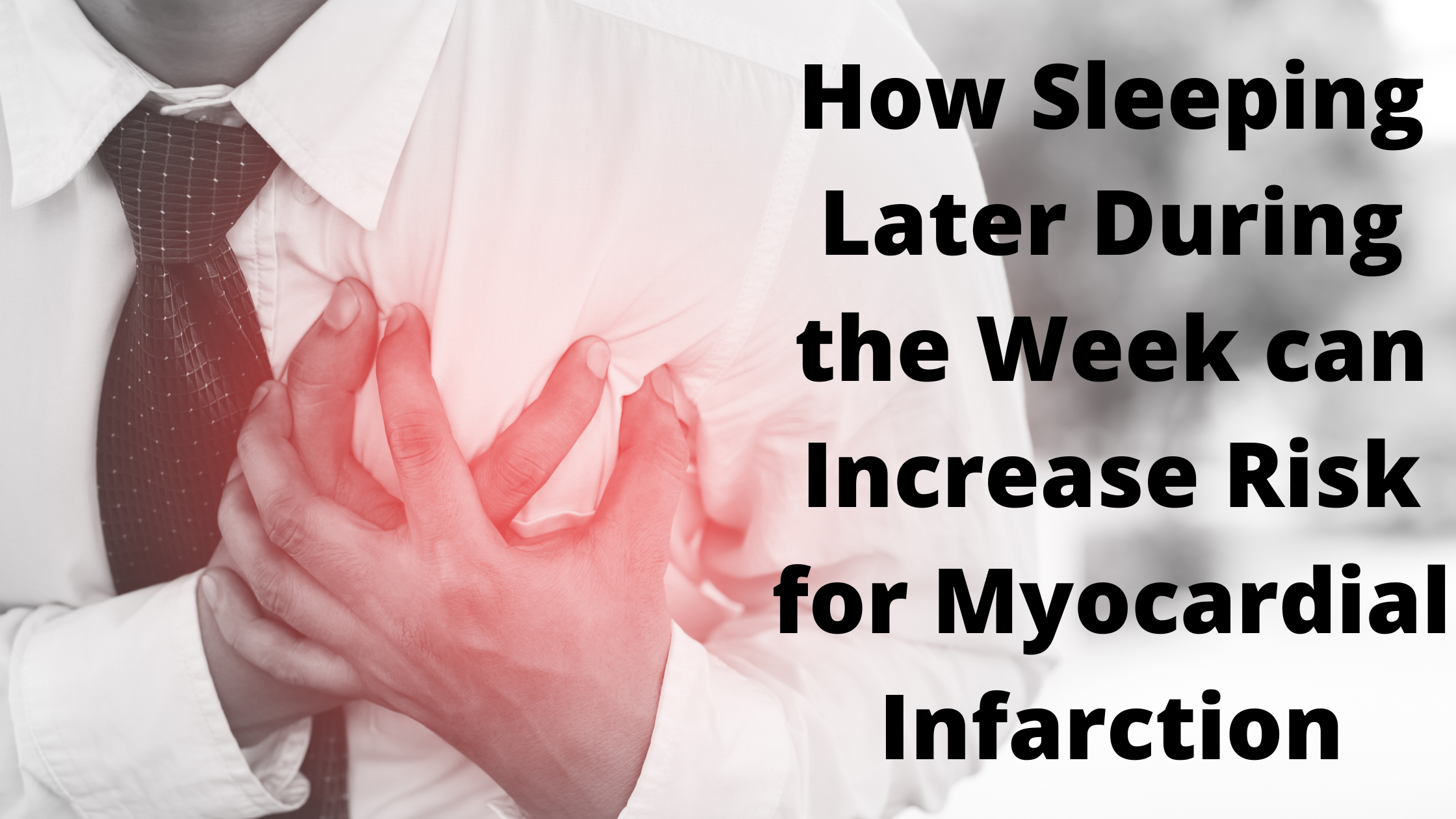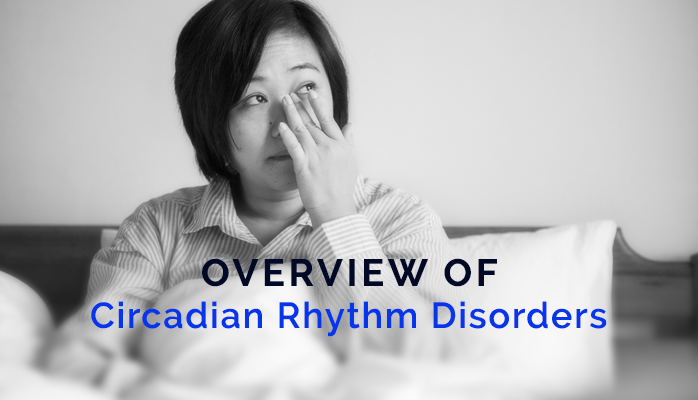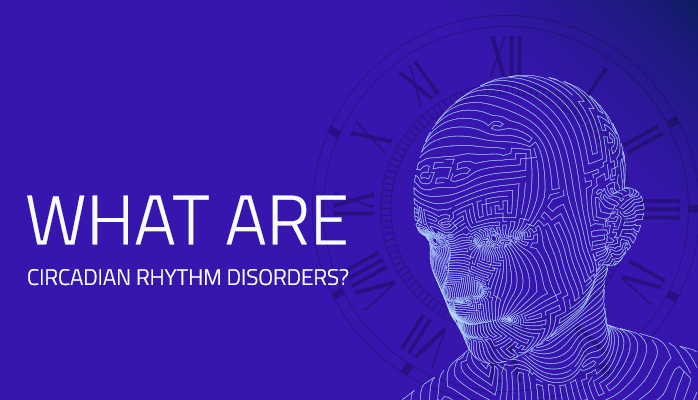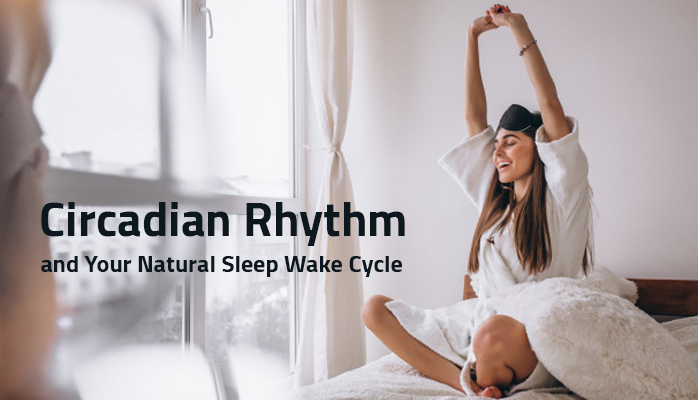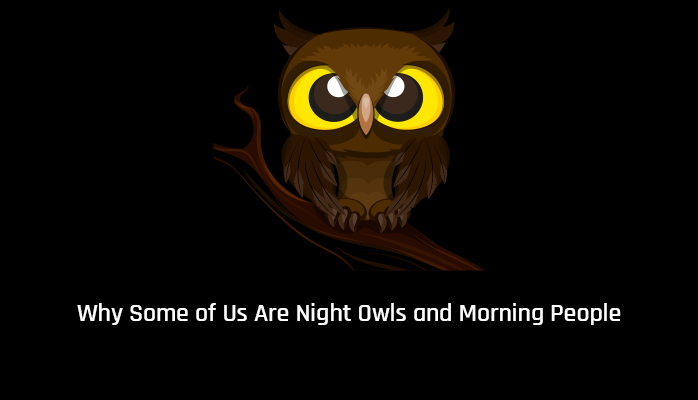As we age, our circadian rhythm changes which can impact what time we need to go to sleep. The older we get, the earlier we are supposed to go to bed for an earlier wake time. This is due to many factors including changing eyesight (which can make us less sensitive to changes in light during the day), changing levels of melatonin, and other brain functions or hormone changes.
Research has supported the link between sleeping and health issues, including cardiovascular health disease. A recent study looked at bedtime and risk for myocardial infarction, or heart attack. Continue reading to find out more about this relationship and the relationship between sleep and heart health in general.

